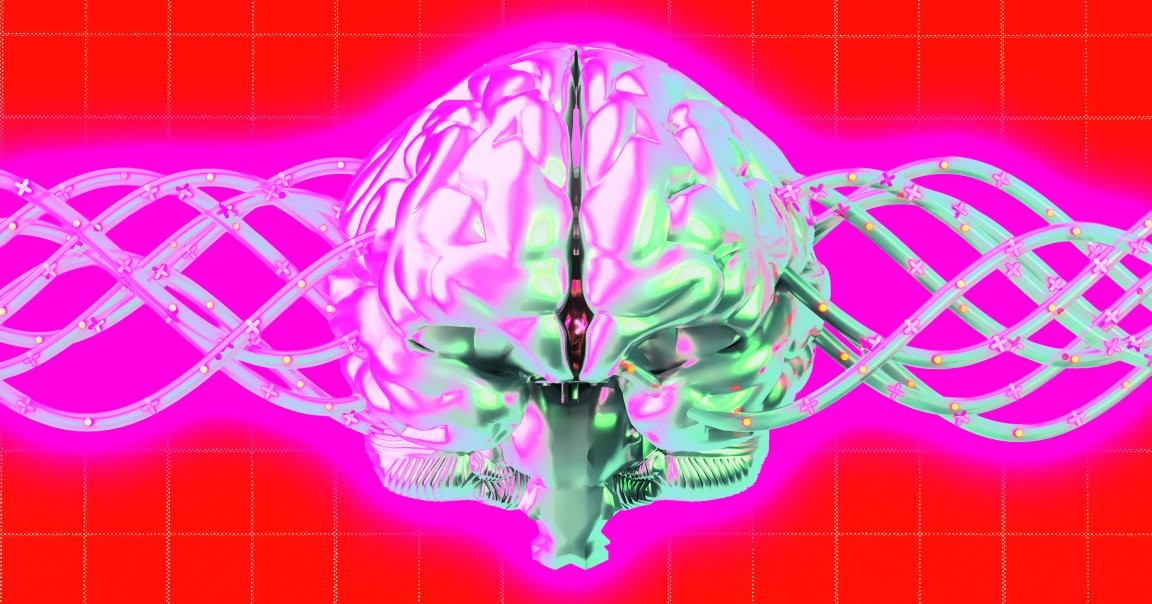Reading Minds, Not Brains: Sam Altman bets $850 million on ultrasound to map thoughts, without a single implant
Sam Altman, the CEO of OpenAI, is backing a biomedical startup that aims to read human thoughts using ultrasound—a non-invasive path to mind-reading that avoids brain implants. Sources say Merge Labs plans a funding round of about $250 million led by OpenAI, valuing the round at roughly $850 million. Altman will not invest personally and will not take a day-to-day role in Merge, which is still largely unannounced. The move marks a bold bet on codifying biology through technology, raising questions about what a future where AI can listen to and respond to our thoughts could look like.

In This Article:
- Non-invasive mind-reading: Shapiro joins Merge to push ultrasound brain imaging
- Founders and partners: World’s Alex Blania to co-lead Merge; early-stage plans and stealth launch
- Rivalry, caution, and curiosity: Altman’s stance on implants vs. AI-reading minds
- What happens next: ethics, safety, and the future of the human-machine merge
Non-invasive mind-reading: Shapiro joins Merge to push ultrasound brain imaging
Mikhail Shapiro, a renowned biomolecular engineer from Caltech, has joined Merge and is expected to help shape its founding leadership. His work focuses on non-invasive brain imaging that doesn’t require surgery, including approaches to make brain cells visible to ultrasound through gene-based methods. In talks highlighted by the reporting, Shapiro explained that it’s “easier to introduce genes into cells” so they respond to ultrasound, rather than implanting physical electrodes onto the brain.
Founders and partners: World’s Alex Blania to co-lead Merge; early-stage plans and stealth launch
In August, the Financial Times reported Altman would launch Merge alongside Alex Blania, who heads the eyeball-scanning blockchain startup World, which Altman cofounded and chairs. Altman publicly acknowledged plans to launch a Neuralink competitor in conversation with reporters, but offered few details. Merge remains unofficial at this stage, with leadership and funding talks in the early stages.
Rivalry, caution, and curiosity: Altman’s stance on implants vs. AI-reading minds
Altman has a well-known rivalry with Elon Musk and has publicly criticized implant-based approaches like Neuralink, saying he would "definitely not put something in my brain that would kill neurons." Yet he remains curious about AI probing the mind: “I would like to be able to think something and have ChatGPT respond to it.” He even suggests a read-only mode could be a reasonable feature. The tension highlights a broader debate between invasive brain hardware and non-invasive, AI-assisted approaches.
What happens next: ethics, safety, and the future of the human-machine merge
The Merge project sits at the intersection of non-invasive science, gene therapy, and AI-enabled mind reading, raising urgent questions about safety, consent, and governance. With OpenAI-facing funding and a high-profile public rivalry, the path to regulation and real-world use remains unclear, making this a story that sits at the edge of science fiction and everyday possibility. The piece concludes with a nod to the author’s broader interest in the business and ethics of AI, automation, and the environment.

